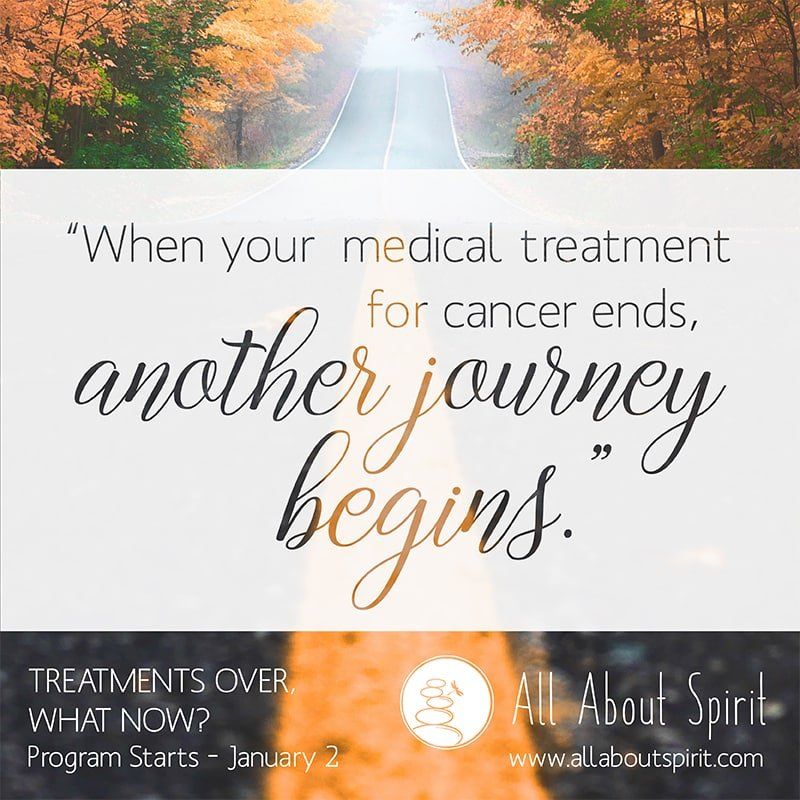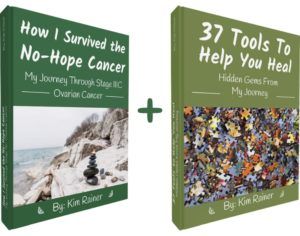Survivor Stories: “At Least it’s Not Cancer”
Luci’s Story
At 28 years old, I had the world as my oyster, so it seemed. I was living in the UK with my long-term partner for nine months. It was nearing summer and I was finally settling in with a great group of people I would call my friends. I was excited for some European adventures, and to feel the sun on my skin. As a true Aussie, I had missed the summer.
It was mid-May 2014, a lifetime ago now. My energy levels seemed to drop drastically within a week . And in what now seems a blink of an eye, I found myself in an ER bed in a Welsh hospital, having blood transfusions and painful bone marrow aspirations. My partner’s family were an amazing substitute for my own, who were literally on the other side of the world. We were relieved when we were told it wasn’t leukemia. And so it was for the next two and half years, that we would tell ourselves “at least it’s not cancer.”
A rare blood disease!
In June 2014, I was diagnosed with a rare blood disorder called “aplastic anaemia.” Aplastic anemia essentially means bone marrow failure. It affects approximately one in a million people. I’d joke that I was special, being one in a million and all.
I returned to my hometown of Sydney, Australia to seek treatment around my family (my then partner in tow), and for the next two years had every test under the sun before undergoing chemo and a bone marrow transplant with a Matched Unrelated Donor (MUD) in September 2016.
Those two years were tough and unexpected. The constant supply of medications never seemed to end, and my mood swings were a roller coaster, having a huge effect on my long-term relationship. Alas, it wasn’t cancer.
However, the light at the end of the tunnel finally seemed to appear when after just a three-week stint in hospital for the transplant, I returned home. While I looked different (my hair had fallen out, and I’d lost 8kg within those weeks), it felt like we could feel some relief.
Weak and battered, I heard good things from the amazing team of doctors. They say within 100 days post-transplant you are likely to return to hospital for complications. But at the 80-day mark I was doing extremely well as I celebrated my 31st birthday.
A minor sore throat turned into. . .
But luck was not to be. It was less than a couple weeks before Christmas. What I thought was a minor sore throat became excruciatingly painful. There were a few unsuccessful ER trips. Eventually I was unable to swallow my own saliva. Then, I was finally admitted back to the hospital.
I thought chemo was bad, but I had no idea. For three days I ‘rested’ in bed, unable to eat, drink, or sleep due to the pain in my throat. I was scared. Finally, I was given some relief with medication when I was put under general for a throat biopsy. The team of doctors tried to come up with an answer to what was happening.
Heavily medicated, I was sent home in time for Christmas with my family. I felt like I was floating on air, not in a good way. I was told to start Rituximab treatment once a week for a month. My family and I weren’t entirely sure why. A couple days after Christmas,
I returned to hospital for my first treatment. With my Dad by my side , we asked the usual questions. We hadn’t actually been told the diagnosis. An assuming junior doctor looked panicked when he realized.
I waited for my needle to be inserted, which would allow more drugs to be pumped into my body. While I waited, a senior doctor came and mumbled a bunch of words to me . In all honesty, being in the medical system by then for two and half years, I was clueless to what he was saying.
The doctor said ‘Post-transplant Lymphoproliferative Disorder,’ which also translates essentially to Post-transplant lymphoma . What they had discovered during my biopsy were cells, the size of a golf ball in my throat.
My relationship suffered so much . . .
I remember laughing. We had said “at least it’s not cancer” or so long throughout my illness. My relationship had suffered so much that I was sure it wouldn’t last this next hurdle; I was right. Treatment included two rounds of Rituximab, which fortunately was relatively easy and painless. I felt like I was losing my mind.
The steroids I was on were the devil. I attended my sister’s wedding, with a fluffy bald head of hair, bloated with a face like a chipmunk, and not in my best maid-of-honour form. But I was there which was the main thing, and my sister had a great day.
This cancer was fairly straight forward in comparison to aplastic anaemia. But it wouldn’t be until October 2017 that I would be well enough to return to any form of office work.
I found it was the best medicine to be out amongst people who didn’t discuss illness and to feel normal; to use my brain for my trained profession, and be a colleague not a patient,
It’s now been over four years since my life changed forever. This has been tough on my friends, my family and my now ex-partner. It’s tough to see someone you love to suffer.
Every aspect of life changes. Being poked and prodded is hard for loved ones to watch. For them they are ultimately helpless. You want to be as strong as you can for them, so they don’t break down.
I’m now 32, a cancer survivor, and take eight different types of medication . . .
For me, I’ve learned a lot. I’m now 32, a cancer survivor, and take eight different types of medication every morning before I head to work three days a week. The other days I’m seeing specialist doctors and trying to exercise, which I never enjoyed prior to illness.
I’m learning who I am as the journey continues, and I wonder when it will be over. I’ve needed to learn coping mechanisms to handle the mental side of things, which I feel they never quite prepare you for. Now what? Now I’ve survived and I look well, but I’m a whole new person .
Next month I’m heading overseas for the first time in nearly three years. I’m able to join a group of friends for a wedding, and be one of the crowd. And then the adventurer in me is heading to Mexico. Travel is one thing I’ve missed the most about illness. This new location does not thrill my doctors. Exploring new cultures, new foods, new languages, and how other people live their day to day lives.
It helps remembering I’m not alone. It’s okay to ask for help, it’s okay to reach out, it’s okay to have a bad day . I have remembered throughout all of this, there was always someone worse off than me. You may be bald and weak, but there’s someone in Africa who doesn’t have access to clean water, or clothes, or a bed. You may be cancer-ridden but you have loved ones who’d do anything to help.
For more information about aplastic anemia please visit Maddie Riewoldt’s Vision.
Luci
The post Survivor Stories: “At Least it’s Not Cancer” appeared first on All About Spirit.
If this article inspires you, then please share the love...
Get The Survivors Manifesto
(it's free!)
What to do when your cancer is gone but everything still feels different.
Enter Your Details here
Survivors Manifesto Signup
Join Free For Post-Cancer Support
Join the All About Spirit Community to receive support
& encouragement via email, from one survivor to another.



